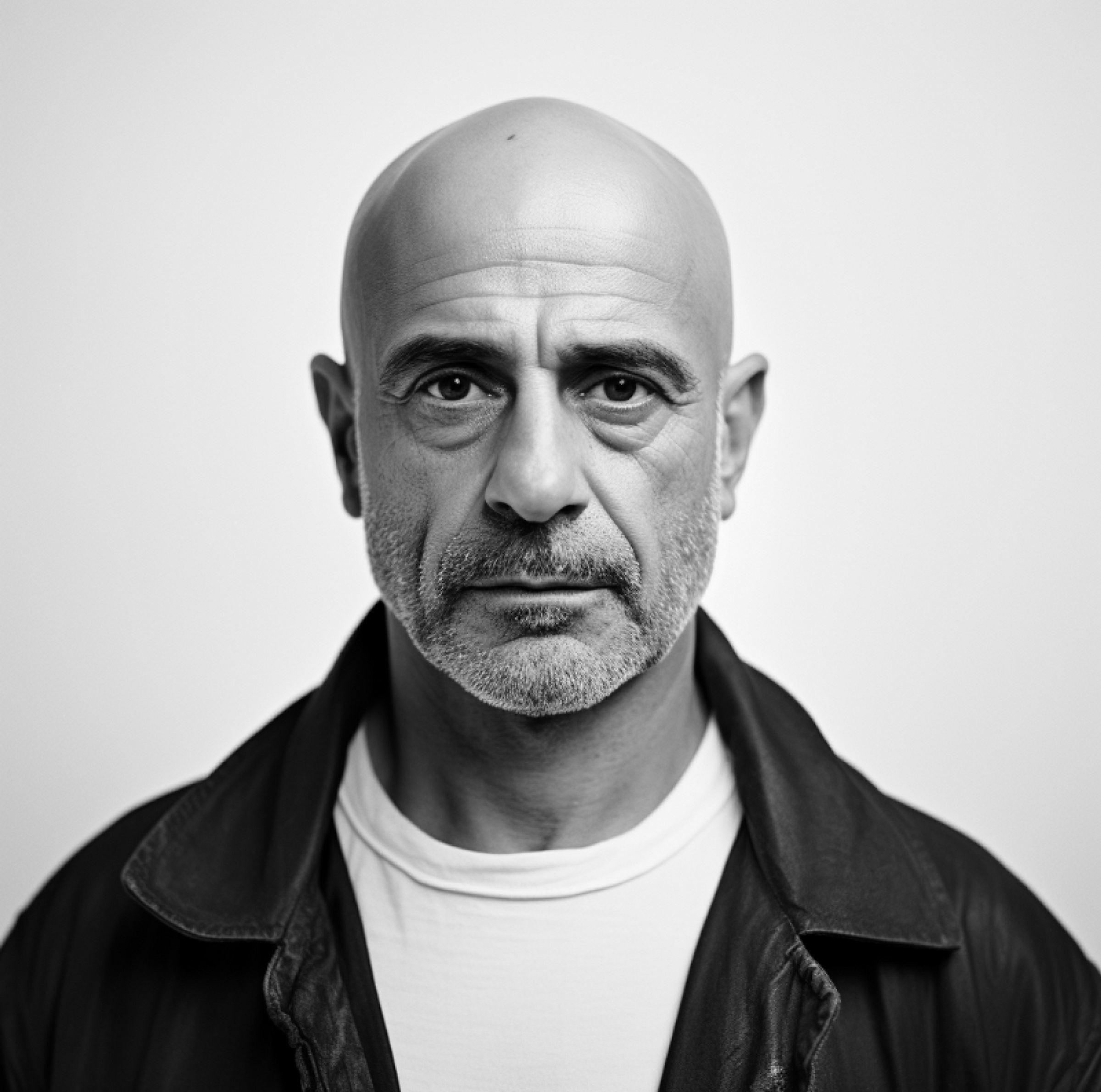Festival of Gratitude
Walid Raad
Benefits: ArteEast
Festival of Gratitude
Artist Walid Raad presents a series of (occasionally, but rarely) lovingly crafted birthday cakes for some of the world's most toxic and/or bigger-than-life leaders.
Each cake led to the creation of a number of slices. The number corresponds to the abhorred and/or revered leader's age as of 2022.
The slices are individuated by the historical or mythological poisons or elixirs they are said to contain. The poisons include Anthrax, Ergot, Mercury, and Ricin, among others. The elixirs include Rapamycin, Heavy Water, and Golden Apple, among others.
Gift a "poisoned" slice to someone you love or hate. Gift an "elixired" slice to someone you cherish or scorn. Long life and early death: For some a blessing. For others, a curse.
Walid Raad
Walid Raad is a conceptual artist and professor of art at The Cooper Union. Perhaps best known for his 14-year project on the contemporary history of Lebanon, The Atlas Group, Raad works across media and disciplines to examine the connections between politics, violence, and cultural narratives. His work has been shown around the world, including at the Venice Biennale, Istanbul Biennial, and Documenta, as well as in solo exhibitions at the Louvre, MoMA, Stedelijk Museum, ICA Boston, and Whitechapel Art Gallery.
Photo courtesy of the artist
The Story
I started to fantasize about poisoning the cake, but just could not go through with it. My cowardice got me thinking about all the adored and/or despised world leaders, and their birthday cakes—Walid Raad
